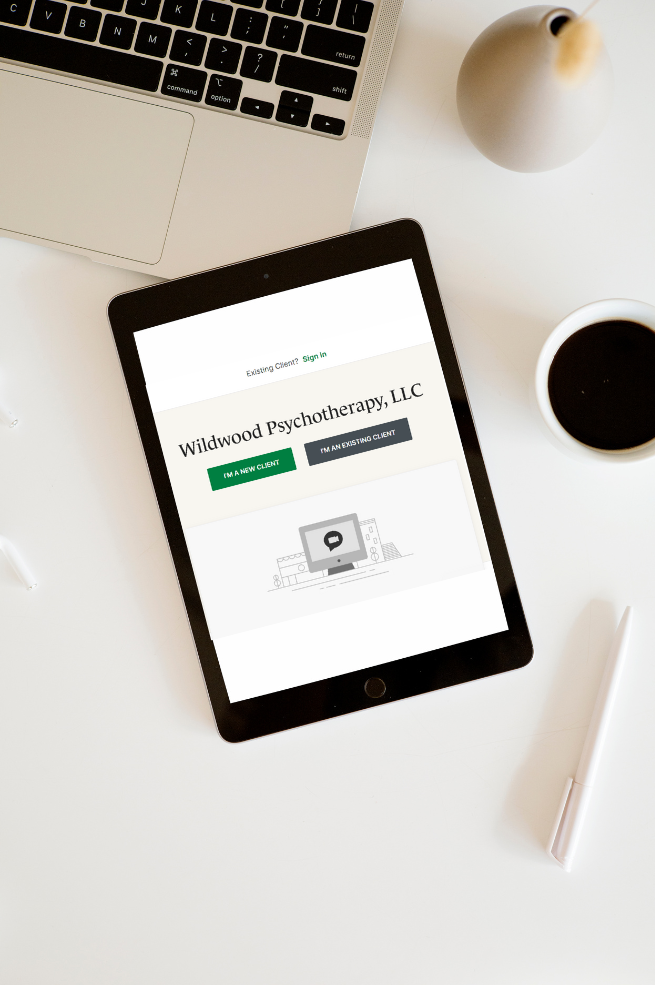Not sure if there's light at the end of the pregnancy/postpartum tunnel?
You’re not alone. IT’S OKAY TO NOT BE OKAY.
WITH THE RIGHT support, IT DOES GET BETTER.
Trying to conceive, being pregnant, giving birth, and adjusting to a whole new (and entirely dependent) person are each monumental shifts in a person’s life, both individually and as a family. While these new experiences can be joyous and exhilarating, they can also be overwhelming, draining, confusing, and even frightening.
Do you know the most common pregnancy/postpartum complication?
Perinatal Mood and Anxiety Disorders









